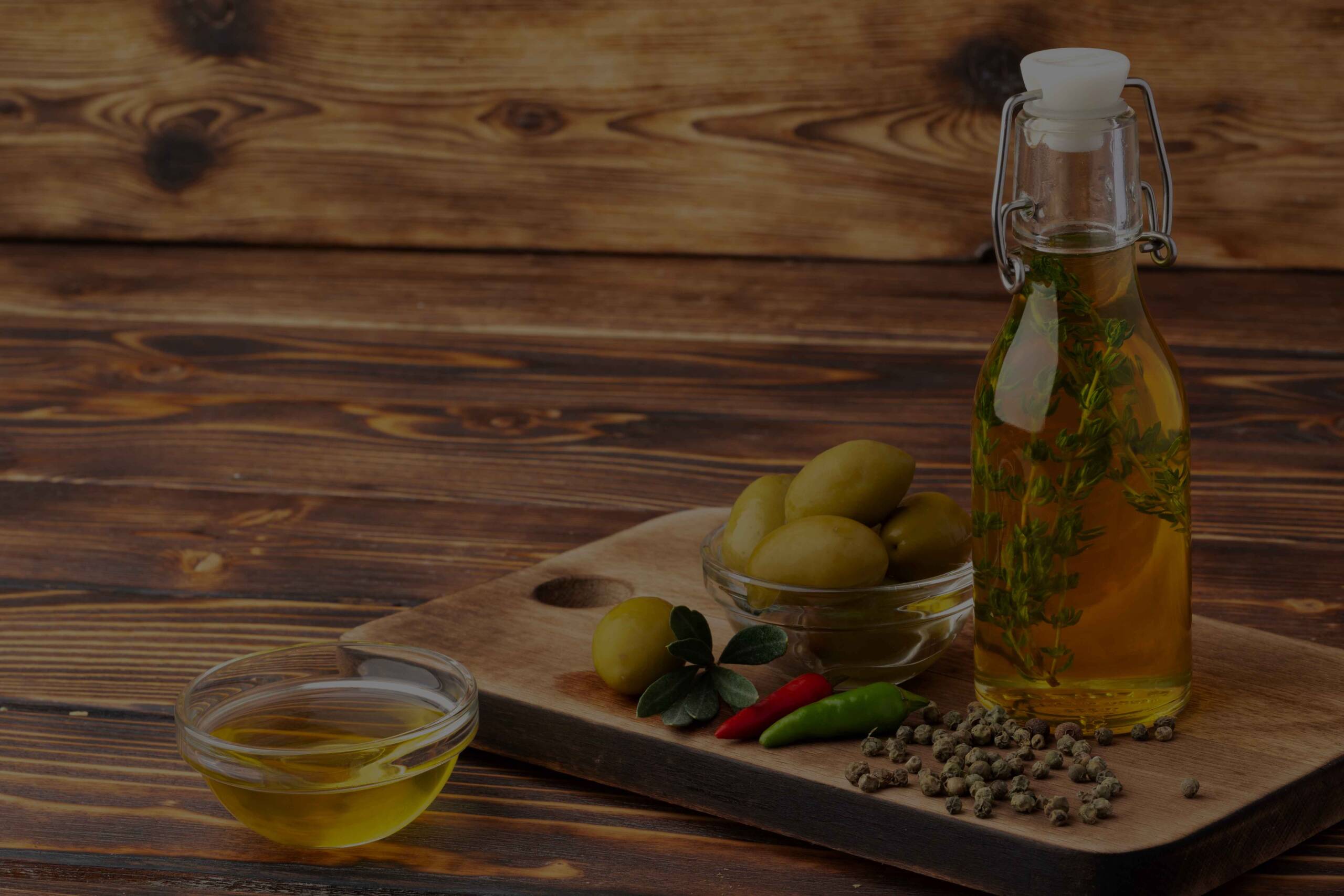Olive oil, often referred to as “liquid gold,” has long been celebrated for its rich flavor and culinary versatility. But did you know that this precious oil also offers a myriad of health benefits? From its heart-healthy properties to its anti-inflammatory effects, olive oil has become a staple in the pursuit of a healthy lifestyle. Let’s explore why olive oil is good for you and why it deserves a prominent place in your kitchen and diet.
- Heart Health: Olive oil is a key component of the Mediterranean diet, which has been associated with numerous health benefits, particularly in cardiovascular health. It is rich in monounsaturated fats, which have been shown to lower LDL (bad) cholesterol levels and reduce the risk of heart disease. The high levels of oleic acid, a monounsaturated fat, help maintain healthy blood vessel function and reduce inflammation, promoting a healthier heart.
- Antioxidant Powerhouse: Olive oil is packed with powerful antioxidants that combat oxidative stress and inflammation in the body. The main antioxidant in olive oil, called oleocanthal, has been found to have anti-inflammatory properties similar to ibuprofen, making it beneficial for conditions such as arthritis and other inflammatory diseases. Additionally, the antioxidants in olive oil help protect cells from damage caused by free radicals, contributing to overall health and well-being.
- Brain Health: The monounsaturated fats in olive oil are not only beneficial for the heart but also for brain health. Research suggests that a diet rich in olive oil may help reduce the risk of cognitive decline and neurodegenerative diseases such as Alzheimer’s. The anti-inflammatory properties of olive oil, along with its antioxidants, help protect brain cells from damage and promote healthy brain function.
- Weight Management: Despite being a calorie-dense oil, olive oil can actually aid in weight management. Its monounsaturated fats help increase feelings of satiety and reduce cravings, potentially leading to a lower calorie intake overall. Additionally, olive oil has been found to boost metabolism and increase fat oxidation, promoting a healthier body weight and composition.
- Digestive Health: Olive oil has been used for centuries to aid digestion. It stimulates the production of bile, which helps break down fats and aids in the absorption of nutrients. Consuming olive oil in moderation can support a healthy digestive system and prevent issues such as constipation.
- Skin and Hair Health: Olive oil is not just beneficial internally but also externally for skin and hair health. Its moisturizing properties make it an excellent natural moisturizer, helping to nourish and hydrate the skin. The antioxidants in olive oil help protect the skin from environmental damage and promote a more youthful complexion. Additionally, olive oil can help nourish and condition the hair, adding shine and reducing frizz.
- Nutrient Absorption: Including olive oil in your meals can enhance the absorption of fat-soluble vitamins and other beneficial compounds from the foods you eat. Vitamins A, D, E, and K are best absorbed in the presence of dietary fats, and adding olive oil to your meals can aid in their absorption, ensuring that your body receives the full benefits of these essential nutrients.


